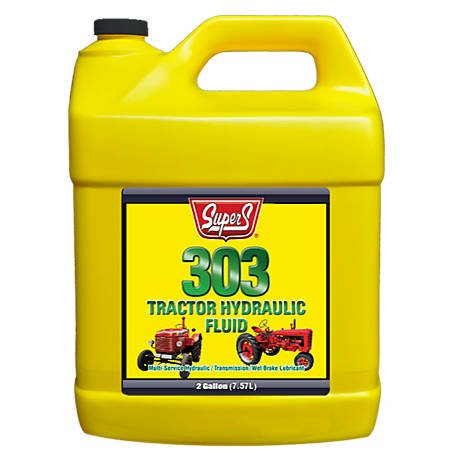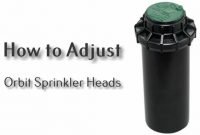If you are a farmer with a 303 tractor, you might have encountered 303 Hydraulic Oil. Before deciding to use, it’s vital to understand whether this oil is suitable for your tractor’s hydraulic systems, including wet brakes and other machinery.
Being a farmer is not only taking care of the crops, but you also have to take care of your equipment. Therefore, you need to know which tractor hydraulic fluids you should use.
303 Hydraulic Oil
The tractor hydraulic fluid (THF) market has been filled with these types of oil for decades. These fluids are sold in attention-grabbing five yellow gallons. Hence, they have been nicknamed “yellow buckets”. For farmers and equipment owners, the yellow buckets seem to be an alternative to the original equipment manufacturer (OEM) brand, which is more expensive.

Looking for a cut cost, the 303 fluids attract the farmers and equipment owners. The 303 refers to John Deere’s JDM 303 hydraulic fluids. However, JDM 303 is no longer used by John Deere because it was invented more than fifty years ago. The JDM 303 used sperm whale oil to meet the tractor’s specifications and other equipment fifty years ago.
Because of animal conservation, sperm whale oil is no longer used. Today’s manufacturer uses the oil to reference JDM 303. This is odd because John Deere no longer produces JDM 303. After all, the tractor and other equipment’s specifications is evolving, so a new invention is needed.
The Effect of 303 Hydraulic Oil
The manufacturer claims this oil is best suited for older tractor models. However, the specifications of these older models, compatible with 303, comprise only about 2% of tractors worldwide. Utilizing 303 fluid in newer models, especially those with advanced hydraulic systems and wet brakes could lead to complications.
This is because it has failed to meet the comprehensive requirements of modern tractors, as indicated on the product label. The first is that it can cause premature pump and equipment failure.
This is because the fluid cannot flow well over wide temperature ranges. The test of 303 fluids also shows that the fluids are thickened if used for the long term. It can cause an erratic or sluggish hydraulic response. Using 303 fluids can also result in severe wear and ridging of gear parts.
The test shows that yellow bucket fluids mostly contain low-quality base oils and improperly balanced or inadequate additive systems. As a result, it cannot properly deliver the performance level required to protect equipment used in the field.
Though 303 oils might be tempting if you are looking for a low cost, you need to consider its effect on your tractor and other equipment. You must account for the maintenance costs of using 303 oils.
OEM brand oils are more expensive than 303 oils, but protecting your equipment in the field is good. You can search for other oils, such as the equivalent. You can now decide whether to use 303 Hydraulic Oil or not.


